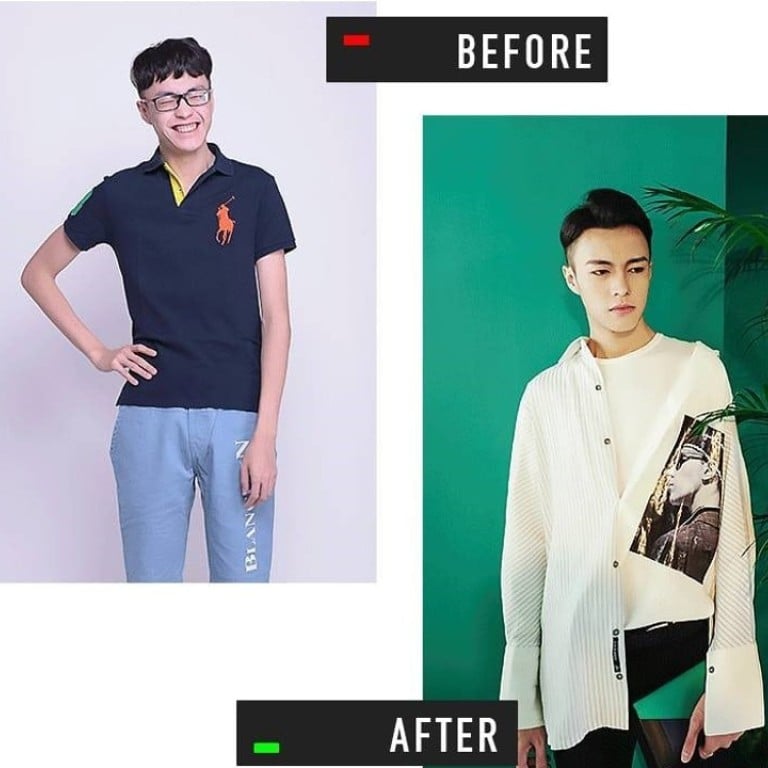Shenzhen is China’s unofficial capital for metrosexuals

The spending power of Shenzhen males rises dramatically as men pay more attention to their appearance
This article was written by Jiaqi Luo and originally published in Jing Daily
Shanghai and Beijing have long been recognised as China’s most sophisticated cities, but with booming tech, fashion and travel markets, the country is starting to see new cities emerge as cultural hotspots.
Known as the hometown of tech sales giants Tencent and ZTE, Shenzhen has become China’s unofficial capital for “metrosexuals” – well-groomed, fashionable men who live in metropolitan areas.
The international concept of the metrosexual closely relates to the Chinese internet term jing zhi nan hai, which means a stylish boy who cares about his appearance. It is a taste that echoes the Chinese millennial demand for “Little Fresh Meat” – a term for young, beautiful men in the entertainment industry.
The spending power of Shenzhen males has shot up drastically in recent years. A 2017 New Middle-class Men Consumer Report issued by the JD Research Institute says that Shenzhen men have emerged as one of the top-three highest spending groups nationwide. Also, in a Genderless Consumption Trend Report co-created by VIP.com and JD, Shenzhen surpassed Beijing last year to become the largest group of male users of the Chinese online luxury outlet store VIP. Shenzhen was also named the top city for male fashion spending in the country, according to the report.
So what has made Shenzhen the go-to place in China for metrosexual marketing? Here are three main reasons:
1. It’s culturally more progressive
Shenzhen is the kind of modern port city – similar to San Francisco or Amsterdam – that absorbs new people and ideas like a sponge. During the economic reform of the early ’90s, Shenzhen was picked as one of four special economic zones because of its proximity to Hong Kong. As a frontier city, Shenzhen has always been receptive to migrants from all over China, as well as international ideas coming from Hong Kong.
As a famous local saying goes, “everyone that comes is automatically a Shenzhen-er,” and, unlike other major cities in China where residents tend to keep their local identities, Shenzhen identifies as a migrant population. The mix of demographics has given this tech city an advantage in accepting ideas, especially progressive ones that might be too challenging for more traditional Chinese cities.